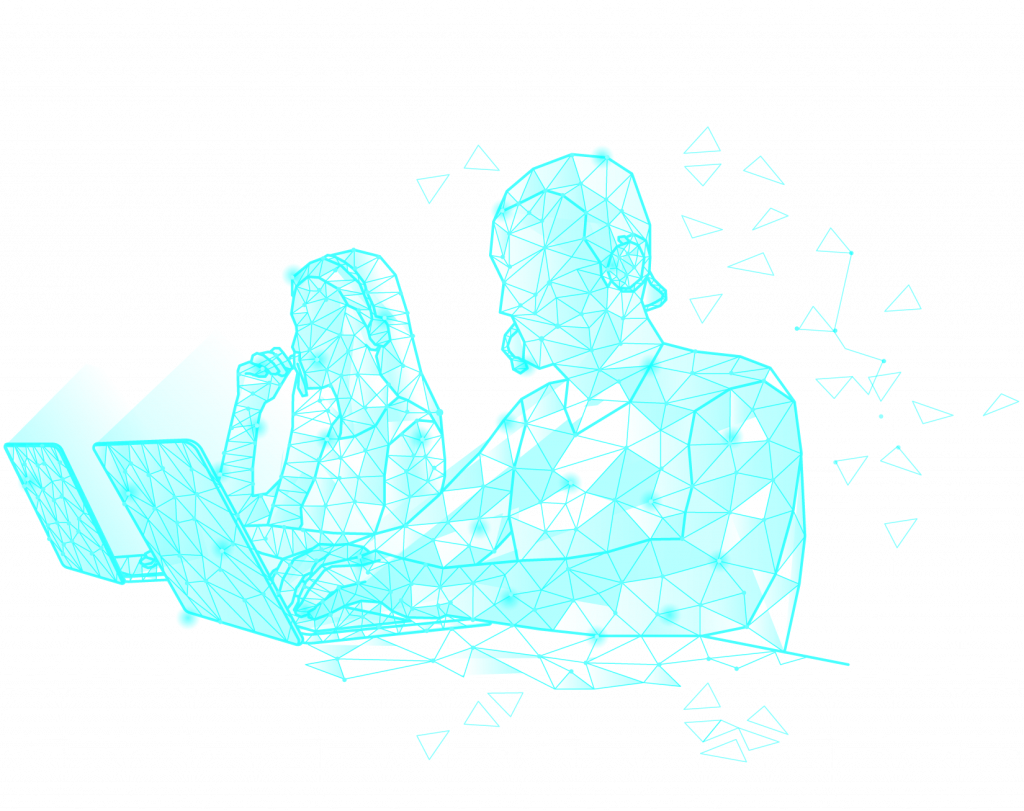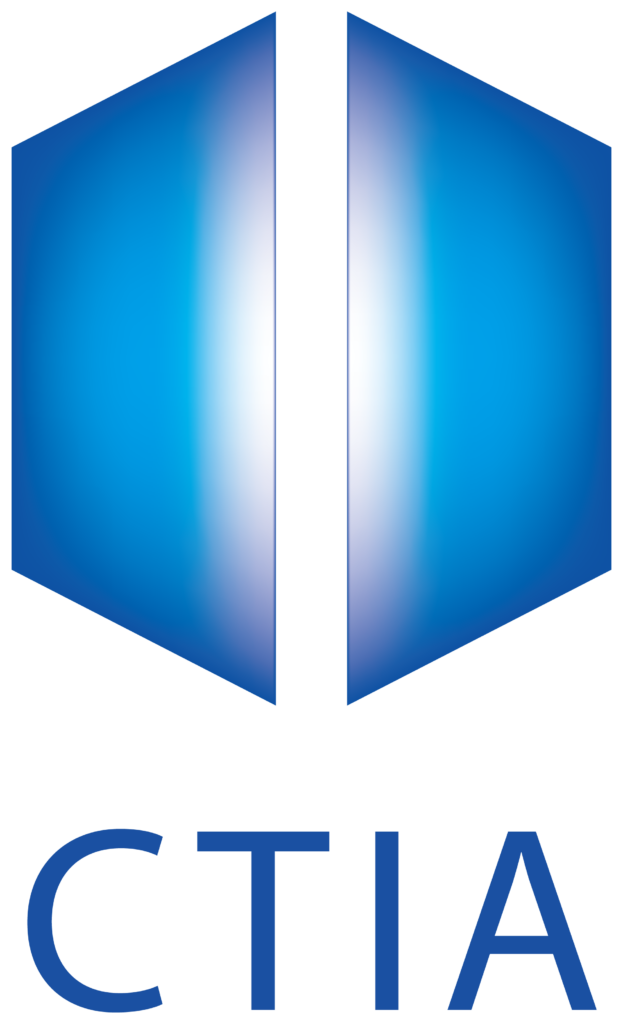Blockchain, a technological revolution in the industrial world
Since the advent of the Internet in the 20th century, a variety of Internet industries and online businesses has been created. In recent years, digital transformation (DX), an industrial revolution that multiplies digital technologies, has been promoted.
While many digital technologies such as quantum computers, AI, and big data are influencing industries, blockchain is also attracting attention as a technology that brings value to all businesses, including finance technology (fintech.) Therefore, this column will explain about blockchain, a digital technology related to DX.
What is Blockchain, the Internet of Value?
Blockchain was originally invented as the core technology of Bitcoin, the first of the cryptographic assets (digital currency). When Bitcoin, the most well-known digital currency, was posted on the Internet in October 2008 by a person who called himself Satoshi Nakamoto, blockchain was one of its core technologies.
The name “blockchain” comes from the fact that digital data and information are continuously recorded in a single ledger, and an unspecified number of nodes (PC terminals) calculate and manage the correctness of the records in a distributed manner, storing them in blocks at regular intervals and linking them together in a chain. Because of this feature, it is also called distributed ledger technology (DLT.)
Since records are managed without a central administrator, it is difficult to tamper with the stored data, and since information can be recorded in chronological order, it is possible to store data with high traceability and consistency.
The vast amount of digital data flowing on the Internet can be easily duplicated, and it is difficult to prove the accuracy of information such as fake news or forged KYC (personal identification). Blockchain, however, can also store the “when,” “who,” and “what” of that information, making it possible to achieve real-time data sharing with a higher level of digital data reliability.
Just as the Internet, known as the information revolution of the 20th century, has had a major impact on modern lifestyles, blockchain has been described as the “Internet of Value” that guarantees the integrity and reliability of information and records.
Advantages and Disadvantages of Blockchain
When using blockchain, there are advantages and disadvantages depending on its features.
Advantages
- Resistance to system downtime
Blockchain, which manages data in a decentralized manner, builds a web-like system without a central administrator, so that data is not concentrated in a single place, compared to conventional data management where digital data is concentrated in a single server. The advantage of blockchain is that it is difficult for the system to go down, even if it is exposed to external risks such as cyberattacks on servers by hackers/crackers (ill-intentioned coders), earthquakes, or power outages.
- Data tampering prevention
The blockchain system, which manages the same data across multiple nodes, is highly secure and can prevent data tampering. It is difficult to rewrite data that is managed in multiple locations at once, and data that is chained together is encrypted using hash functions. In order to tamper with the data, more than 51% of the managed data needs to be rewritten (51% attack), and the cost of rewriting more than 51% of the data is huge, so it is practically impossible to tamper with the data.
Furthermore, malicious tampering and fraudulent transactions themselves will lower the trust in the blockchain and lead to no profit from the fraudulent transactions, so there is no merit in tampering and attacks are rarely carried out.
- Digitizing Contracts with Smart Contracts
Smart contracts (digitalized contracts) are one of the computer protocols that support blockchain. The advantage of smart contracts is that they can automatically and smoothly perform complicated payment procedures and contracts without intermediaries.
Disadvantages
- System development costs and lack of human resources
There are some who argue that a cheaper payment system can be realized by replacing all existing networks with blockchain, but problems such as system development costs and lack of technical resources for full-scale business implementation hinder the process. Also, if the area of utilization for business use is not properly identified, unnecessary development costs may be incurred, and the economic benefits of blockchain may not be realized.
- Not suitable for real-time and immediate settlement
In a payment system where transaction information is managed in one place, there is no time lag before payment approval, and the system can be used in real time. However, because blockchain is decentralized, it takes time to confirm the integrity of each piece of information via the network. For this reason, it is currently not suitable for applications such as instantaneous payments that require real time, and credit card payments and cashless payments are still superior in terms of payment functions.
- Environmental issues and challenges for social application
Blockchains require enormous amounts of electric energy for calculations by an unspecified number of nodes. According to an estimate by Cambridge University, the total annual electricity consumption for the issuance of Bitcoin alone is 135.01 TWh, which is equivalent to the electricity consumption of a single country. As the United Nations-led SDGs (Sustainable Development Goals) and “Society 5.0” (Japan’s DX initiative) increase the focus on environmental conservation and renewable energy, one of the issues is whether blockchain can be used as an environmentally friendly technology.
From Fintech to Lifestyle, DX with Blockchain
As mentioned above, blockchain has been attracting attention mainly in the cryptocurrency industry and in fintech. A number of ICO projects applied blockchain technology in the cryptocurrency industry, and after what can be described as the dawn of the blockchain bubble, blockchain became a hot topic as the technology of the hour.
From there, other industries and sectors began to pay attention to the features of blockchain technology and began to create use cases that incorporate blockchain technology. This movement has been led by companies aiming for digital transformation (DX), which uses digital technology to promote business model and organizational reform.
For example, by taking advantage of the characteristics of P2P that does not require a central blockchain administrator / intermediary for the sharing economy and subscription services, it is possible to create a mechanism that allows individuals and companies with interests such as real estate to make contracts and share information on an equal footing. Of course, it is not easy to replace all operations with digital and achieve zero intermediaries but it is expected to improve production efficiency and reduce human costs.
Blockchain is also being used in the commercial distribution and trading industries, such as supply chains, where many stakeholders are involved. In the past, mainstream distribution was a vertical structure in which each company or organization managed its own information, making it difficult to accurately trace all information related to a product. By taking advantage of blockchain traceability (tracking potential), product buyers and managers can check detailed information such as distribution routes of products, harvesting times of materials, and who has been involved in production by accessing QR codes and barcodes.
Furthermore, the use of blockchain is also spreading to government transactions. In 2018, Tsukuba City, Ibaraki Prefecture (Japan) conducted the world’s first blockchain-based online voting. Blockchain technology was used with a digital signature certificate and PIN of the “My Number Card” (Japanese personal ID card) to identify that the vote is cast by the identified individual. Since personal information and voting details can be managed on separate servers, it is possible to hedge risks such as data tampering and loss of personal information.
In this way, blockchain can be said to be a technology that can build a cross-organizational business style and influence not only fintech, but also a wide range of industries such as government, real estate, logistics, and agriculture, as well as modern lifestyles.
In order to utilize this technology more efficiently in business, it is necessary to have a proper understanding of the characteristics of blockchain and its use cases, and an environment where knowledgeable companies in the industry can provide total support. CTIA’s dedicated staff, who have been involved in blockchain implementation and consulting for social infrastructure, as well as partner companies, evaluate blockchain from a unique perspective and are working with many companies to develop the technology.
If you are interested in implementing blockchain, please contact us for a free consultation.


